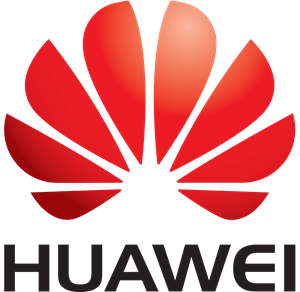3 mins read
Huawei Cloud Releases Six Innovative Solutions at HUAWEI CONNECT 2017

December 23, 2024
Copyright 2023, IT Voice Media Pvt. Ltd.
All Rights Reserved

 “The digital transformation in many industries will bring human beings to an intelligent world in the future, and innovation will be the driving force of the revolution,” said Joy Huang. “Increasingly, innovation will take place in the cloud, and the cloud will need the all-round strength. Huawei Cloud is committed to be an enabler of intelligent world, delivering continuous innovations of technologies and capabilities on Huawei Cloud to help customers succeed in their digital transformation.”
“The digital transformation in many industries will bring human beings to an intelligent world in the future, and innovation will be the driving force of the revolution,” said Joy Huang. “Increasingly, innovation will take place in the cloud, and the cloud will need the all-round strength. Huawei Cloud is committed to be an enabler of intelligent world, delivering continuous innovations of technologies and capabilities on Huawei Cloud to help customers succeed in their digital transformation.” · Hardware innovation: Atlas is Huawei’s new-generation intelligent cloud hardware platform. In the scenarios of the public cloud, artificial intelligence (AI), and high-performance computing (HPC), Atlas pools resources of graphics processing units (GPUs), hard disk drives (HDDs), and solid state drives (SSDs) using heterogeneous resource pools and intelligent orchestration. The platform provides on-demand hardware resources to meet the requirements of different service models, doubling resource utilization. In addition, logic servers can be deployed within seconds, supporting quick service rollout.
· Hardware innovation: Atlas is Huawei’s new-generation intelligent cloud hardware platform. In the scenarios of the public cloud, artificial intelligence (AI), and high-performance computing (HPC), Atlas pools resources of graphics processing units (GPUs), hard disk drives (HDDs), and solid state drives (SSDs) using heterogeneous resource pools and intelligent orchestration. The platform provides on-demand hardware resources to meet the requirements of different service models, doubling resource utilization. In addition, logic servers can be deployed within seconds, supporting quick service rollout.